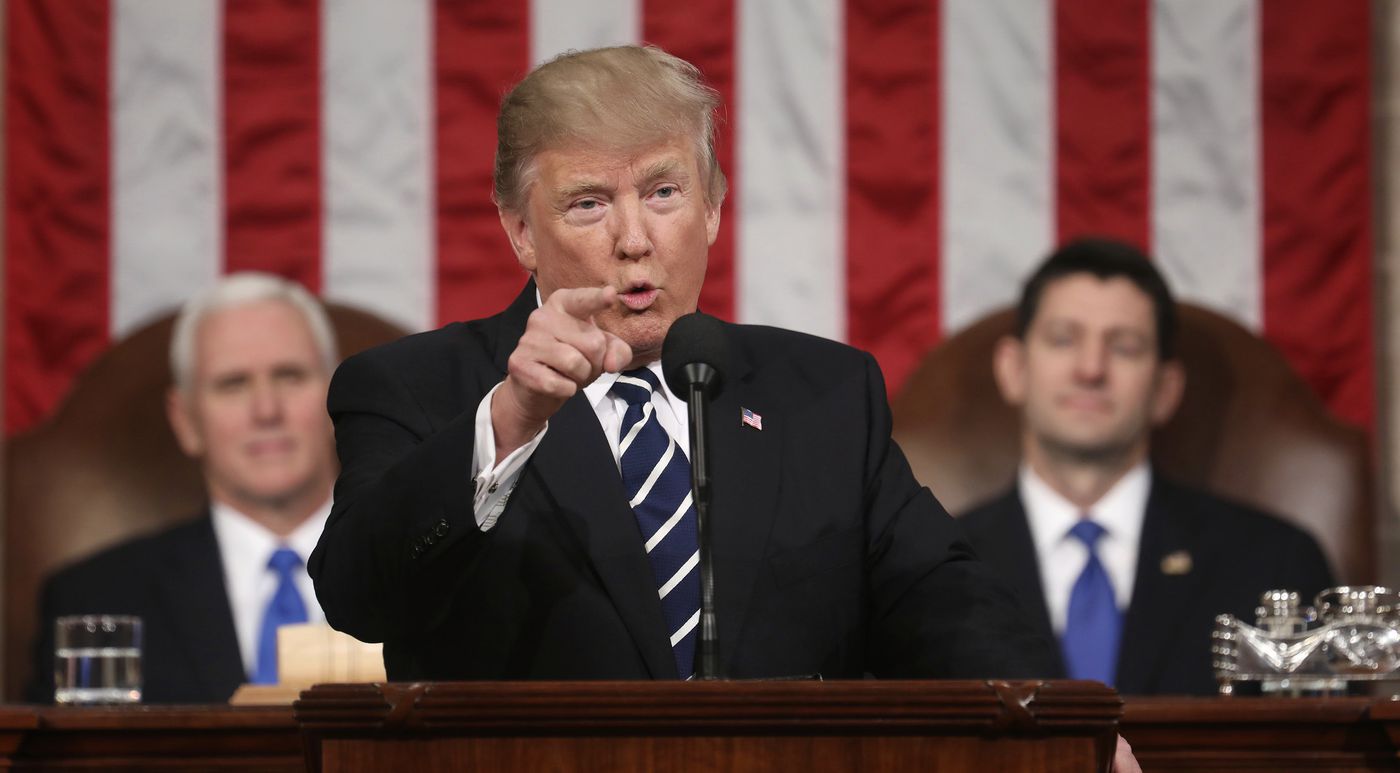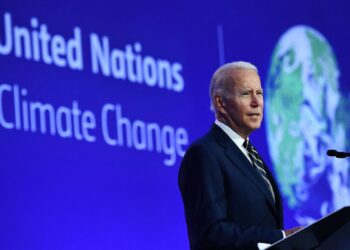Current U.S. economic policy is characterized by three key developments: protectionist measures, tax cuts, and higher debt-financed government spending.
Protectionist measures weaken the growth of the global economy as well as the growth of the American economy. First of all, any kind of tariff will harm the economies against which such a measure is directed. For example, U.S. tariffs on European products reduce German and French exports to the U.S. Hence, economic growth in Germany and France declines.
In addition, however, lower economic growth in Europe also harms the growth of the U.S. economy. When European products become more expensive due to tariffs in the U.S., the rise in prices reduces the purchasing power of private households in the country. Even if the products are now supplied by American companies, consumers have to pay a higher price. Without tariff protection, American products are not competitive because they are too expensive. Falling purchasing power reduces consumer demand and weakens economic development in the U.S.
An almost more problematic issue is the increase in prices for intermediate goods that are imported by American companies from abroad. Higher prices for intermediate goods increase production costs. This reduces the international competitiveness of American companies. The result is a further decline in output and employment in the U.S.
Even if some U.S. companies become competitive again due to protection from foreign competitors, the macroeconomic effect of tariffs on the growth of the U.S. economy is likely to be negative. This, in turn, will have a negative spillover effect on the global economy.
Short-Term Benefits
The combination of tax cuts and higher government spending stimulates economic growth in the U.S., at least in the short term. Both fiscal policies will lead to higher demand for goods. Companies adapt to the rise in demand. Output, investment, and employment will increase.
The global economy will benefit from this deficit-spending boom in the American economy: Rising U.S. demand for goods will lead to greater demand for products from the rest of the world. As a result, output, investments, and employment outside the U.S. will also rise.
This short-term economic upturn is being bought by higher public debt. However, a long-term permanent increase in public debt is not possible, because at some point mounting public debt cause a national bankruptcy. Sooner or later, the U.S. government has to reduce its spending or raise taxes. The result is a drop in consumption by private households and lower government demand for goods. Companies will adjust to lower demand for goods and services. They will lower output, lay off staff and reduce investments. The economic downturn in the U.S. spreads to the rest of the world.
U.S. Interest Rates vs. Global Financial Markets
Perhaps the greatest short-term threat that U.S. economic policy poses for the global economy stems from the U.S. Federal Reserve’s interest rate policy. The short-term economic boom resulting from tax cuts and higher debt-financed government spending leads to higher demand for goods. This gives rise to excess demand that causes prices to rise.
The Federal Reserve has to respond by raising interest rates. Unlike the European Central Bank, the U.S. Federal Reserve (FED) raised interest rates several times since December 2015. Rising interest rates in the U.S. increase the incentive for investors from around the world to invest their capital in the country.
For other countries, the result is an outflow of capital. This is a threat to economic stability, especially for emerging economies that rely on the inflow of foreign capital. Rising interest rates in the U.S. can also have negative consequences in the southern European economies with high foreign debt: The shortage of capital causes a rise in interest rates. And higher interest payments weigh on borrowers. This could exacerbate the debt crisis.
Outlook
The U.S. economic policy is supposed to boost economic growth in the country and the global economy over the short term. At the beginning of this year, the International Monetary Fund slightly raised its growth forecast for the world economy in 2018 (from 3.7 to 3.9 percent). The outlined effects slowing growth in the medium term will sooner or later outweigh the positives. Hence, the rest of the world cannot rely on the U.S. to be the global economic engine over the long term. It is, therefore, necessary to take measures to stabilize and increase output and employment.
In Europe, this can be achieved, for example, by having the E.U. move ahead with the completion of the European Single Market. The conclusion of free trade agreements with Asian or South American countries would also be reasonable. In any case, Europe must not rely on high U.S. growth over the long term.





















